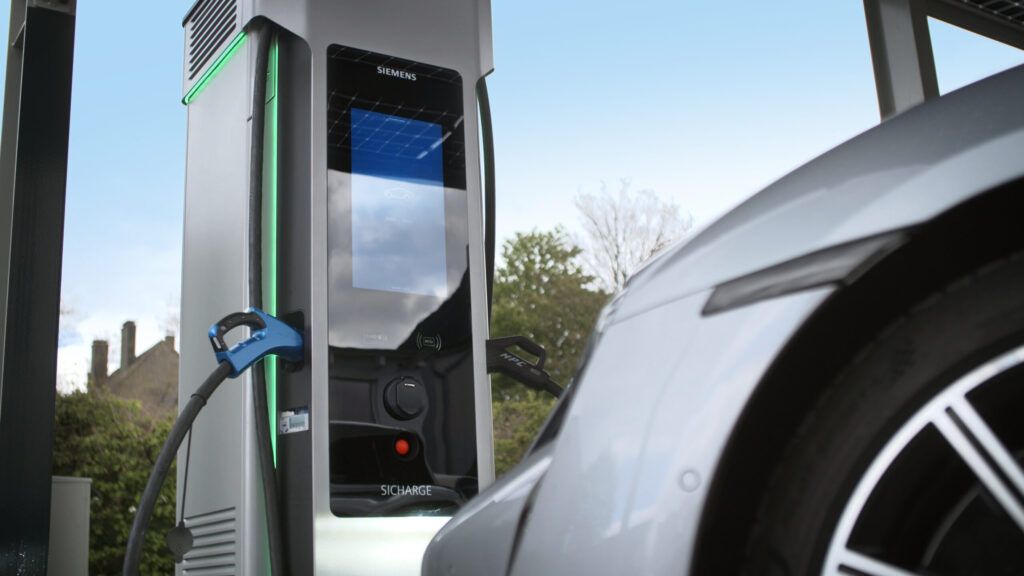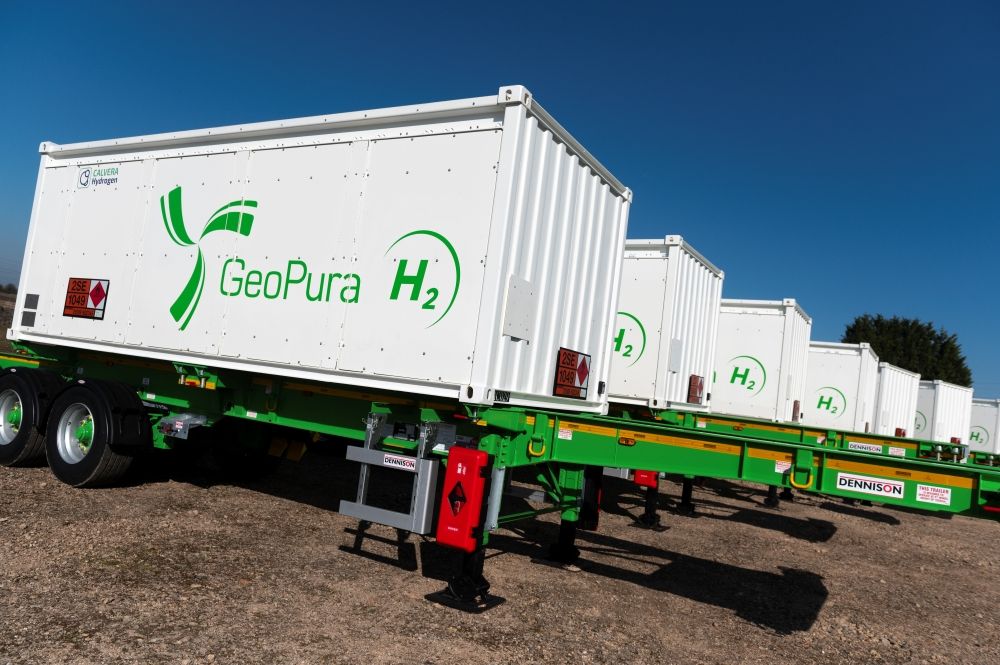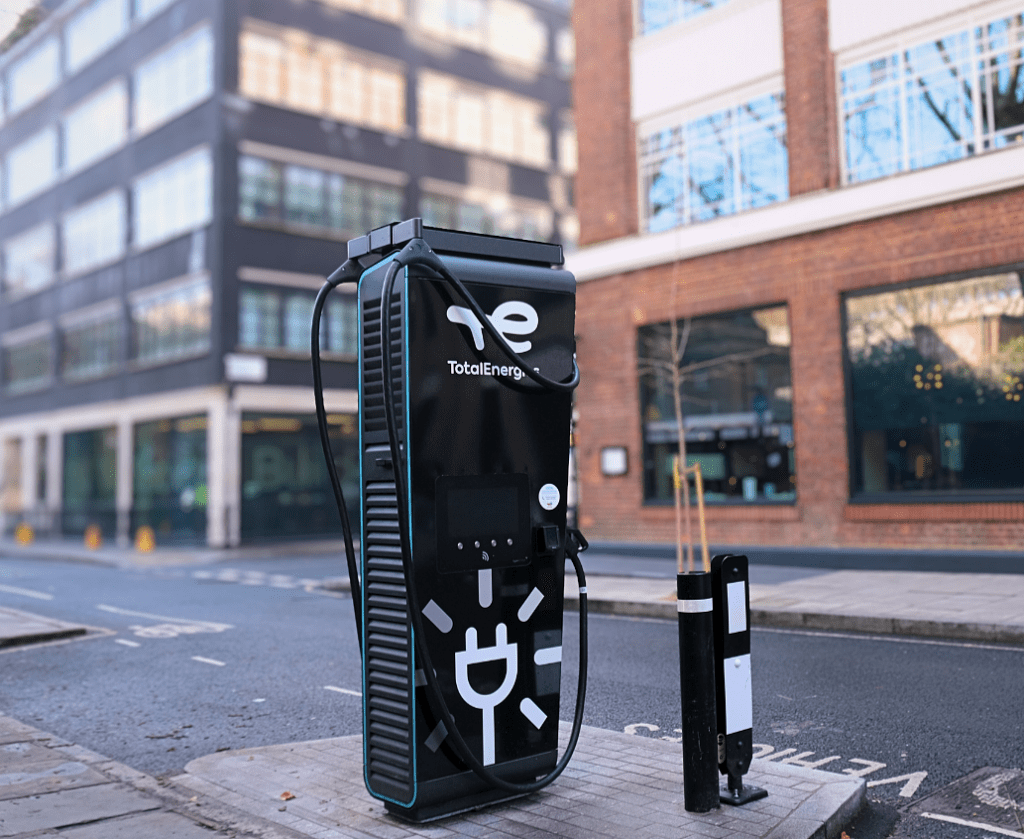The government’s eagerly awaited Transport Decarbonisation Plan is set to be released this spring, which will provide logistics businesses with guidance on how to achieve net-zero transport emissions by 2050. In this article, Denise Beedell, Policy Manager for Vans and Urban at Logistics UK, discusses the current steps being taken by industry to decarbonise and outlines the business group’s asks moving forwards.
The logistics industry, including road transport, is fully committed to achieving net-zero transport emissions by 2050, but government must also recognise the vital role it must play. Logistics UK is calling for government to aid industry by creating simple and consistent rules for grants and taxation, as well as urban restrictions and regulations. Businesses have faced extreme operational and financial pressures over the past year, and it is crucial that government works together with Logistics UK and the wider industry to ensure the best solutions for all.
Switching to zero and ultra-low emission vehicles is an important focus for the logistics industry. Logistics UK was disappointed to see the changes announced in March to the government’s plug in car, van and truck grants, which have been reduced for the vast majority of available models. Logistics UK’s members are committed to making the switch to alternatively fuelled vehicles, but with the market still to reach maturity, options are limited for operators and reducing the financial support will hinder this transition. To enable operators to make a change within the lifecycle of their normal vehicle, it is imperative that government lays out a clear policy roadmap to enable operators to invest confidently, while encouraging manufacturers to develop and launch a wider range of suitable vehicles.
And with last year’s government announcement that sales of new diesel vans will end by 2030, the uptake of electric vans will gather pace rapidly in the next few years. To support this transition, it is vital that van operators have sufficient power supply at their depots to charge their whole fleets and where local power supply upgrades are required, the business should not be required to fund the work in full. A fair and equitable funding solution must be found.
Reducing emissions
Longer semi-trailers (LSTs) also offer an opportunity for reducing emissions and improving operational efficiency. The Department for Transport (DfT) trial for LSTs began in 2012, with positive results: in the first seven years of the trial, increasing the length of just 0.5% of HGVs by 12% saved around 37,000 tonnes of carbon dioxide equivalent emissions. And, with the trial currently scheduled to end in 2027, Logistics UK is calling for government to bring LSTs into mainstream use in the UK.
Positive steps are also being taken across other transport modes. The government’s confirmation of eight Freeports was encouraging for industry and will provide important opportunities for decarbonisation, including modal shift to rail and innovative green technologies. In rail freight, electrification is key, alongside support for alternative technologies such as hydrogen which needs further research and development in order to become a viable option for heavy freight trains. In air, important trials are being undertaken by various companies, including Hybrid Air Vehicles (HAV) who are currently testing low emission hybrid-electric flights. Logistics UK is calling for government support for research and development funding looking at alternative fuels and technologies. Maritime is also taking positive steps to meet the net zero target in port and inland waterway operations by using electric alternatives for port side and wharf operations. Overall, encouraging steps are being made across all sectors of the industry, and it is vital that government continues to work with Logistics UK and its members, to ensure progress continues.
Logistics UK is one of the UK’s leading business groups, representing logistics businesses which are vital to keeping the UK trading, and more than seven million people directly employed in the making, selling and moving of goods. With Covid-19, Brexit, new technology and other disruptive forces driving change in the way goods move across borders and through the supply chain, logistics has never been more important to UK plc. Logistics UK supports, shapes and stands up for safe and efficient logistics, and is the only business group which represents the whole industry, with members from the road, rail, sea and air industries, as well as the buyers of freight services such as retailers and manufacturers whose businesses depend on the efficient movement of goods. For more information about the organisation and its work, including its ground-breaking research into the impacts of Covid-19 on the whole supply chain, please visit logistics.org.uk
Image courtesy of Professional Images/@ProfImages and supplied by Logistics UK.












